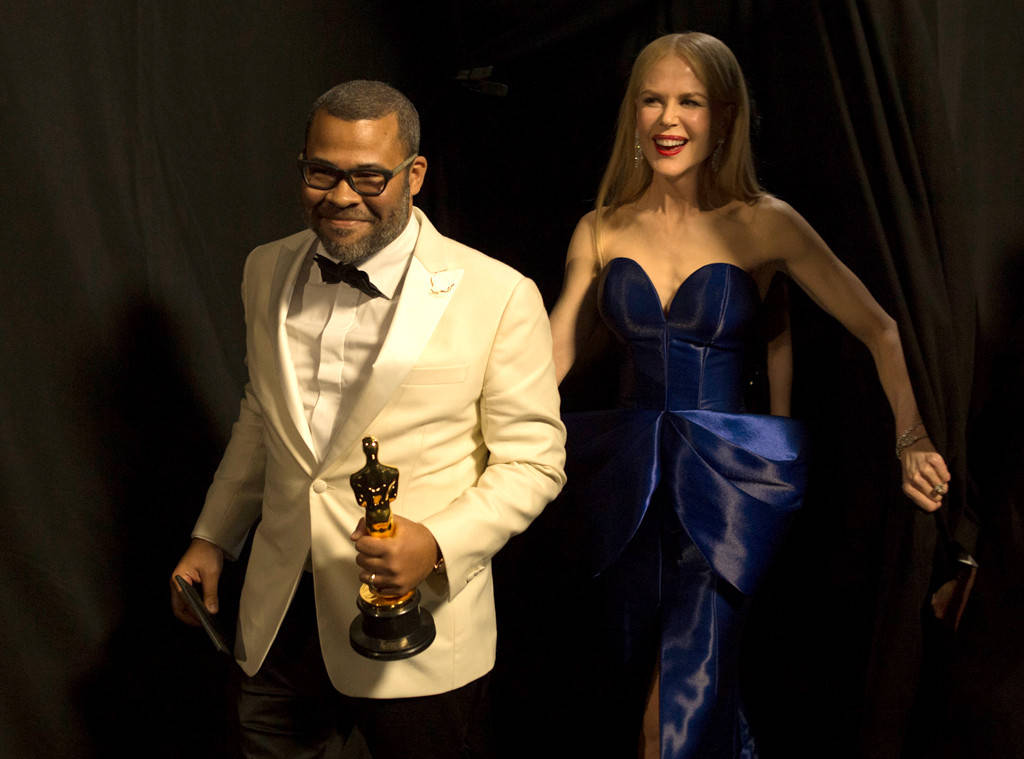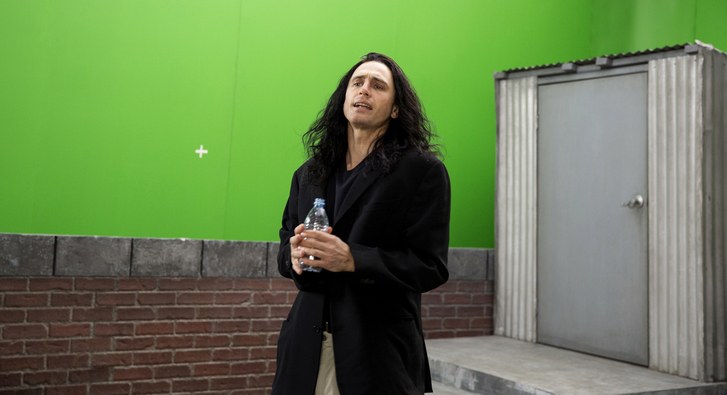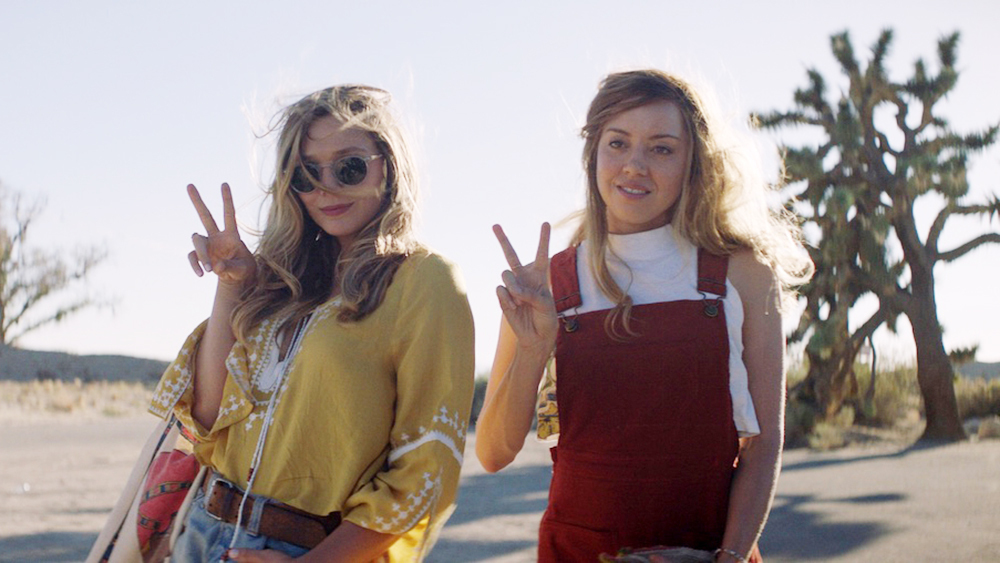Blueprints: Post-Oscar Stat Madness!
 Thursday, March 8, 2018 at 11:00AM
Thursday, March 8, 2018 at 11:00AM 
Here we are. The Oscars are over. After six months (this was a long season!) of never ending think pieces, desperate For Your Consideration ads, and prediction anxiety, we can finally take a breather.
So, before we’re ready to start doing it all over again (because, let’s be honest, despite everything, we love this), let’s decompress a little. And if you’re like me, there’s nothing better than a good list of stats and numbers to clear your mind.
As a pallet cleanser, and as a farewell to Oscar season for now, here’s are some statistics and data about the screenplay categories. Where we were before Sunday, where we are now. And how far we have yet to go.






